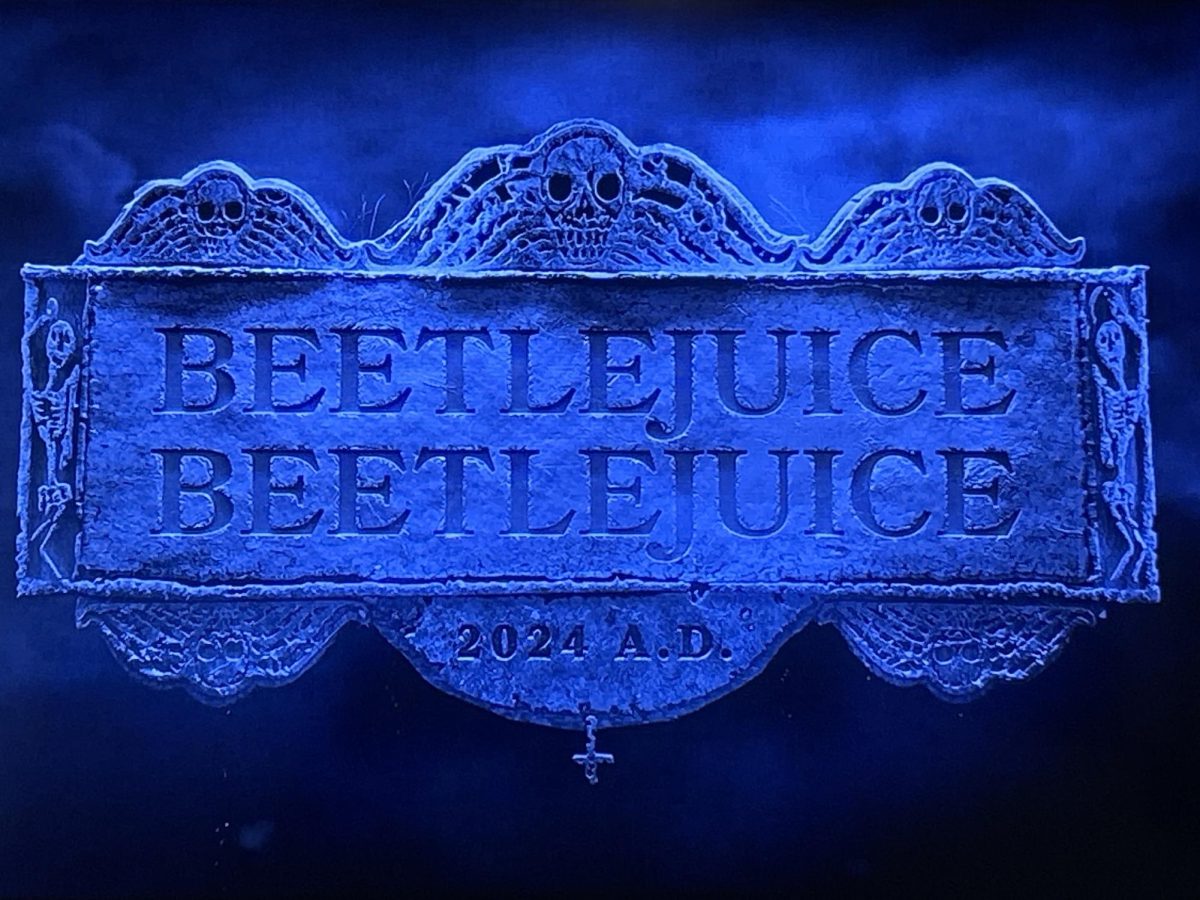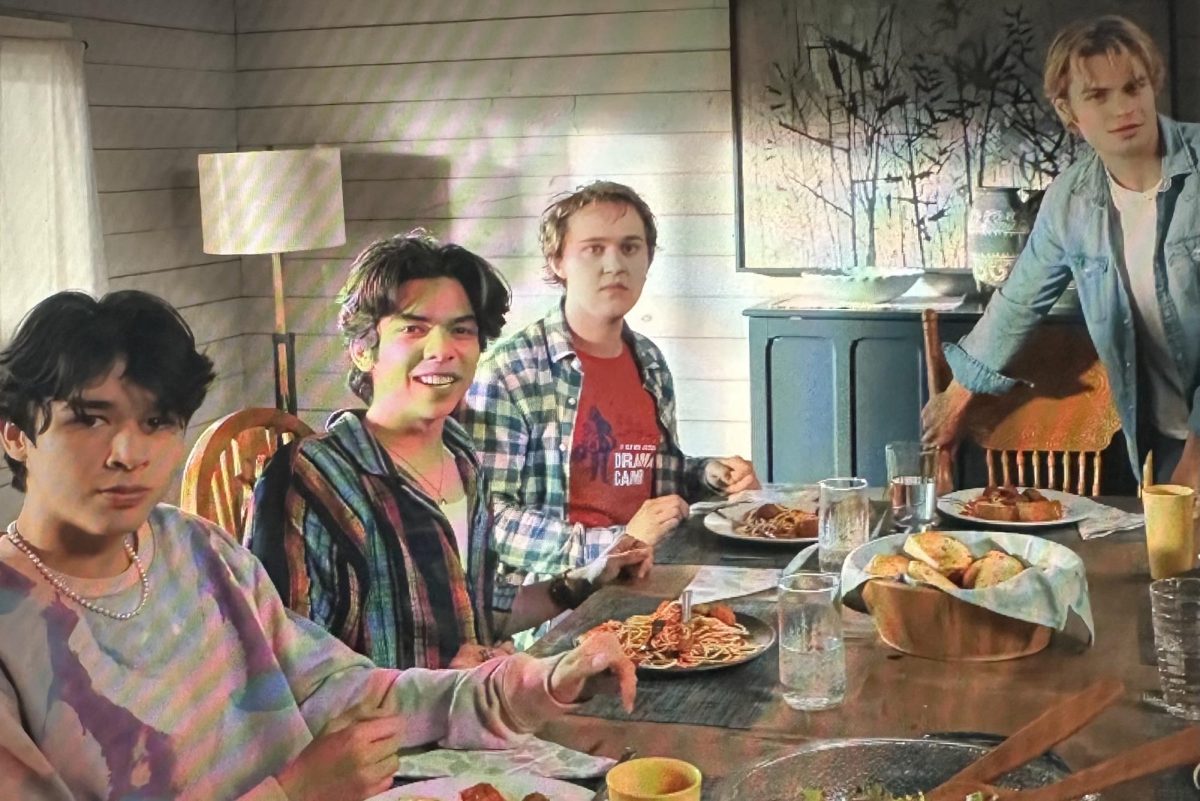Historians everywhere find themselves facing a challenge of fact, as they piece together the history of the world. Oftentimes, history truly comes down to perspective. Have you ever wondered what a day in history was like through the eyes of a small town? This segment explores the historical perspective of world news compared to historical moments of small town life.
On July 6, 1945 the United States dropped the atomic bomb atop the city of Hiroshima, Japan. The events of this day would affect many aspects of life around the world, but how did it affect our town? While the direct effects are not documented, it is known that the Hiroshima bombing led to the end of World War 2. According to the Modesto Bee, the Hughson Pool was thought of as World War 2 veterans returned home in the summer of 1945.
On a related note, the Hughson pool was officially opened on July 3rd 1947, as documented by the Modesto Bee article exploring the origins of the Hughson Community pool. In contrast to that event, the National Archives website noted that on July 3rd 1947, the Soviet Union was excluded from the Marshall Plan.
The Marshall Plan signified for the U.S “an extension of the bipartisanship of World War II into the postwar years” (national archives). Just as the Marshall Plan was the result of a postwar era, the Hughson pool proved the fruition of an idea born from the conclusion of the second world war.
The significance of the world war 2 events and the creation of a small town community pool, is just a small example of life through different lenses of the same time period.






